Unique Investment Opportunities worth exploring
Current Investment Opportunities
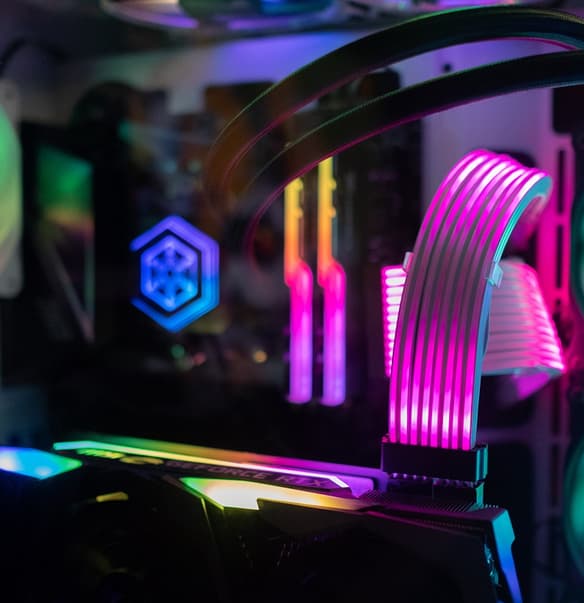
Technology Autonomy for the gaming community
A gaming platform that sets new standards for interaction. Developed by a Swiss tech team.
Coming Soon
Nature Biodiversity on the balcony
Gezielte Lebensraumförderung für Wildbienen: Eine Antwort für mehr Biodiversität.
Coming Soon
Technology Climate-neutral Servers
Efficiency gains through a scalable solution with climate-neutral server networks.
Coming Soon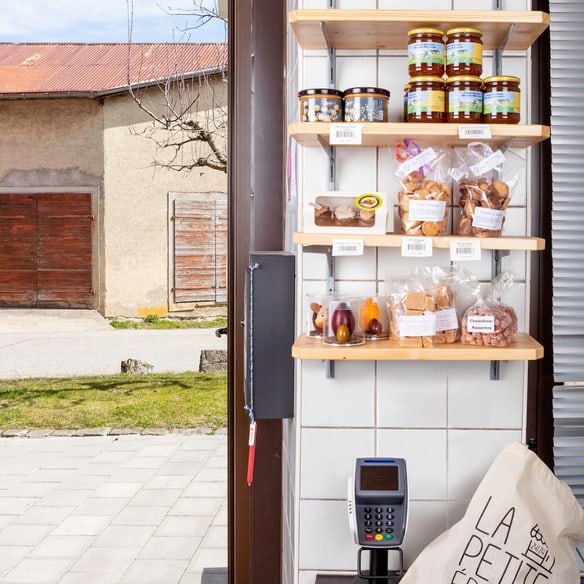
Technology App encourages local consumption
An intelligent app drastically simplifies the direct sale of food and enables small grocery shops to operate profitably. This ground-breaking technology is already successfully promoting local consumption in French-speaking Switzerland - now the model is ready for national growth!
Coming Soon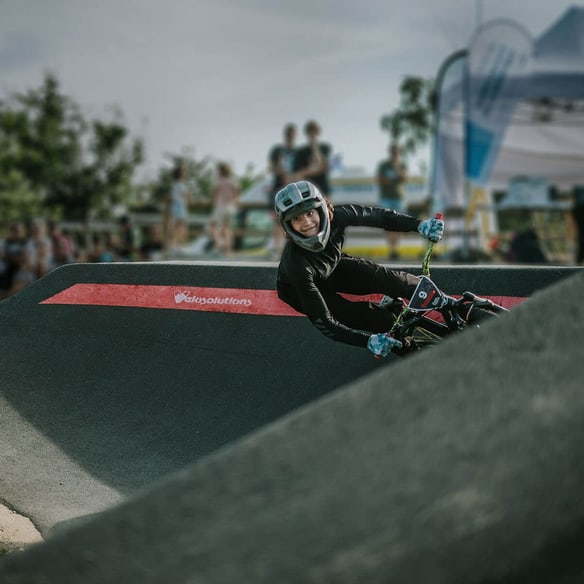
Sports Velosolutions launches VORLD App
Initiated by Swiss MTB legend Claudio Caluori, the VORLD app brings the bike community together thanks to technology and passion; the ideal prerequisites for a successful business case.
Coming Soon
Successful campaigns
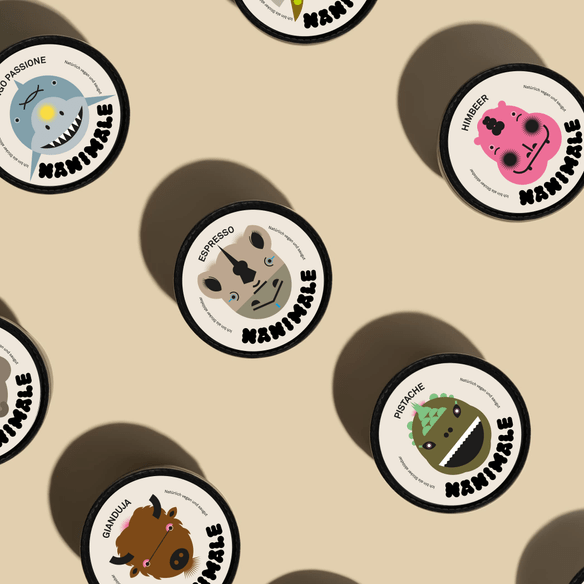
Food NANIMALE – das neue Schweizer Glacé
Selbstverständlich vegan und ohne Zusatzstoffe – werde Mitinhaber*in und sichere dir deine Aktien am neuen veganen Glacé-Brand.
Info366% (CHF 733’000)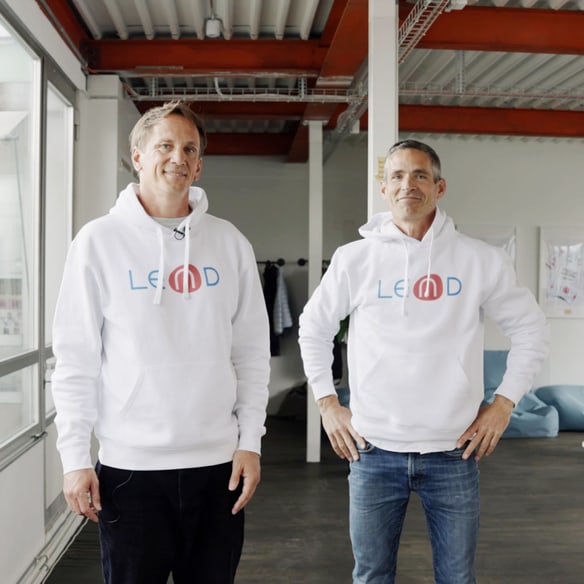
Fintech LEND – weil wir keine Bank sind
Das Finanzsystem ist unfair. Wir verändern das seit 2015 und bringen Kreditnehmer*innen direkt mit Anleger*innen zusammen. Was sonst bei einer Bank hängen bleibt, kommt unseren Kund*innen zugute. Werde Mitinhaber*in und verändere mit uns!
Info167% (CHF 2.51 mil)
Beverages Sundays – A new way to drink
A trio of female founders has already very successfully tapped into a new market segment with their start-up and is continuing to grow; a drink developed for great company, little hangouts and big adventures.
Info114% (CHF 512’000)